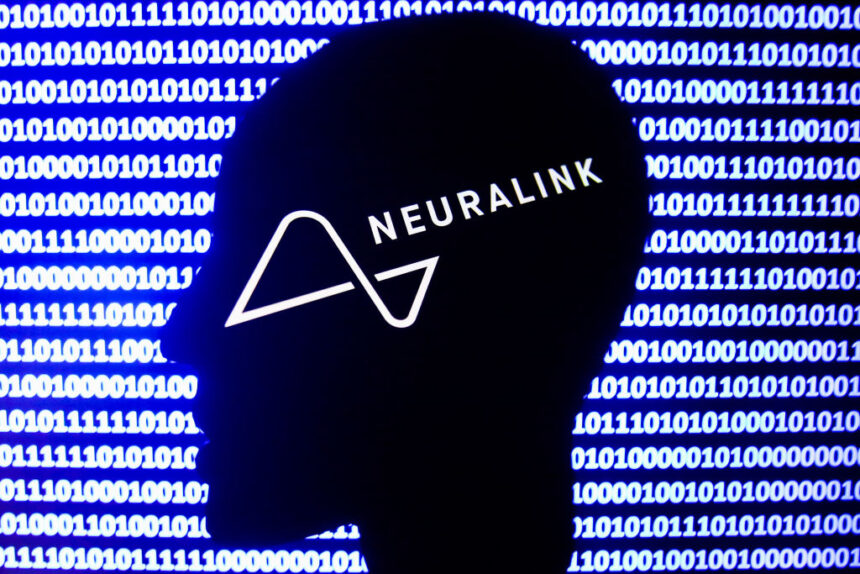Neuralink, Elon Musk’s health technology startup, said Thursday night that it received approval from the Food and Drug Administration to launch its first-in-human clinical trial of its brain implants.
The company said that clinical trial recruitment is not yet open but added that it would announce more information in the future.
Musk tweeted his celebration of the news, which came after months of questions about the ethics around the technology as well as journalistic exposés from Reuters related to Neuralink’s track record when it comes to animal testing.
In December, Reuters reported that Neuralink’s testing of a brain implant contributed to the deaths of nearly 1,500 animals over four years.
A few months later, the outlet reported that the FDA rebuffed the company’s plans to conduct human trials, noting that Neuralink missed deadlines for key regulatory approvals between 2019 and 2022.
In March, two Democratic congressmen signed a draft letter to the Department of Agriculture requesting a probe into the composition of a panel overseeing animal testing and how Neuralink conducted its experiments. A previous Reuters report suggested that the animal-research oversight board was filled with company insiders who could benefit financially as the firm reaches development goals.
The startup is already the subject of two separate federal investigations by the Department of Transportation as well as the Department of Agriculture’s inspector general.
The FDA’s decision to allow Neuralink to conduct human trials marks a major turning point in the potential of brain implants, but there appears to be some hesitation among the general public.
Many users took to social media to question the FDA’s decision and drew parallels to previous issues that Musk-owned companies like Tesla, SpaceX and Twitter have encountered in recent years.
Kelly Weill, a reporter at The Daily Beast, commented that there is “without question a venn diagram slice of anti-vaxxers considering a Neuralink implant.”
Notably, several tweets acknowledging the FDA’s clearance for human testing received a Community Notes tag on Twitter clarifying what action the health agency actually took.
“Neuralink is not ‘FDA Approved’ in the sense that clinical testing backs up its claims — it has been given ‘FDA Clearance’ — which is just approval for human testing. The two ideas are frequently conflated, but represent very different phases in medical tech development,” the note read.
Despite the memes and concerns posted online, Andrew D. Huberman, PhD, professor of neurobiology and ophthalmology at Stanford Medicine applauded Neuralink for receiving the greenlight to proceed with human trials.
Days prior to the announcement, researchers reported that a paralyzed man was able to walk naturally again with the help of brain and spine implants.
With this in mind, there are several other startups competing against Neuralink for the prospect of being the first to lead in the brain-computer interface space.
In February, Synchron, a startup backed by Jeff Bezos and Bill Gates, stated that it was developing brain implant technology that can help people with paralysis use cursors and home devices through their minds.
Weeks later, rival Science launched Science Foundry, a platform to accelerate medical device innovation.
For a January 2024 article on the first patient to receive a Neuralink brain implant, click here.







